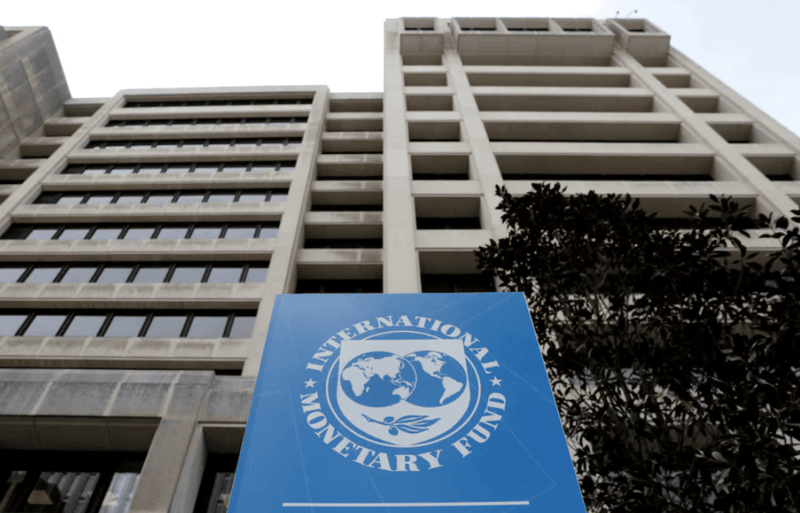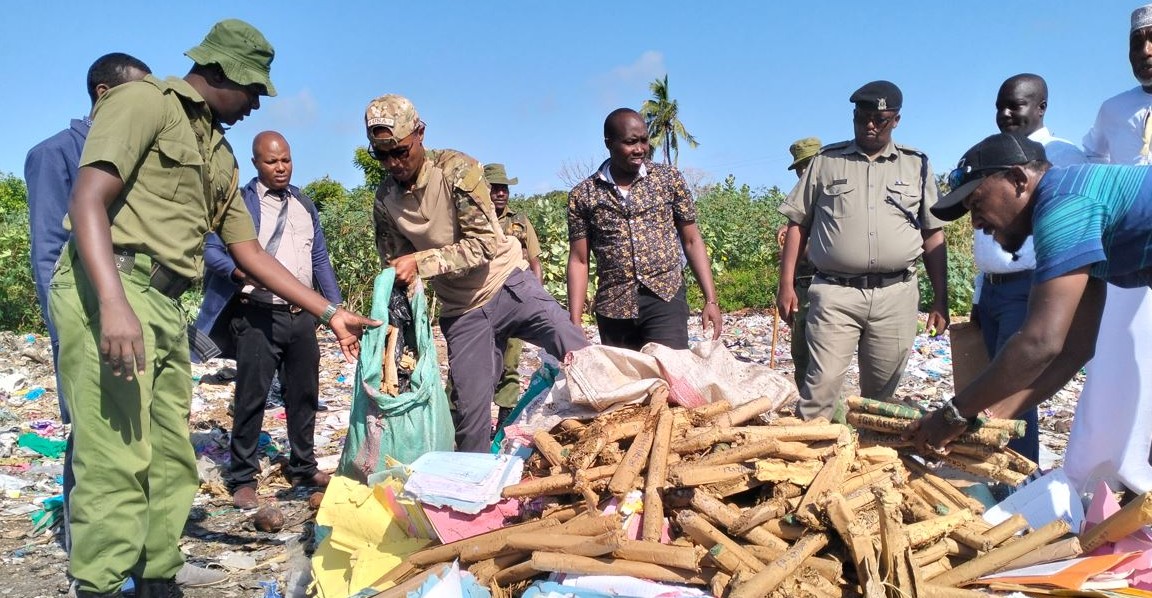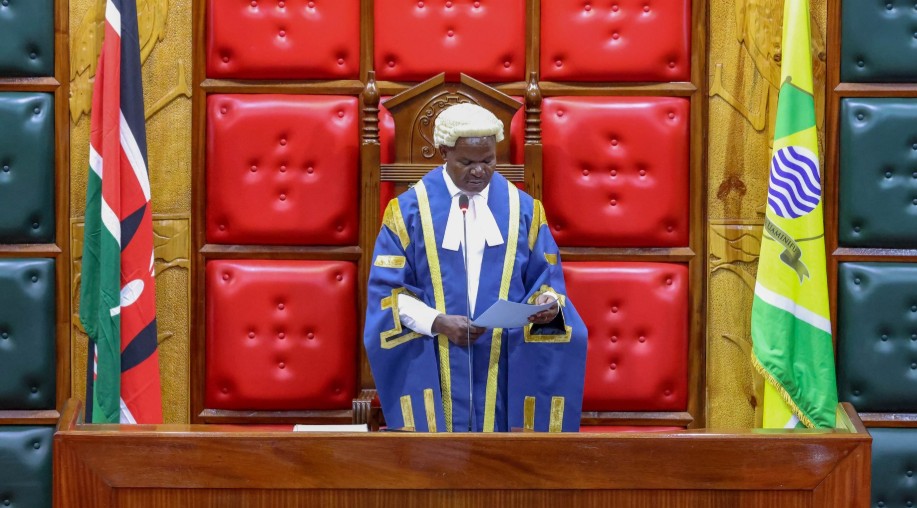China flagged as key source of tobacco imports as Kenya imposes ban to curb youth addiction

CS Duale noted that the ban is a critical measure by the Ministry of Health to reduce the availability and attractiveness of tobacco products in Kenya, particularly among vulnerable youth.
China has been flagged as a leading source of tobacco products entering Kenya, prompting the government to impose an import ban as part of an intensified campaign to reduce youth addiction and protect public health.
Speaking on Wednesday before the National Assembly Committee on Delegated Legislation, Health Cabinet Secretary Aden Duale disclosed that consignments of tobacco continue to find their way into the local market from China, despite enforcement efforts and existing control laws.
More To Read
- Duale blames corruption for weak tobacco law enforcement as Kenya rolls out stricter warning labels
- WHO lists Kenya among countries below tobacco tax target
- Ethiopia nears milestone in tobacco control - WHO
- Kamukunji public forum advocates for higher tobacco taxes to combat health risks
- Tackling Tobacco: Experts push for harm reduction strategies for smokers battling addiction
- Smokers have a higher level of harmful bacteria in the mouth – new study
“Tobacco products have been flooding our markets, frustrating government efforts to curb their misuse. This is why we made the decision to ban imports,” Duale said.
He noted that the ban is a critical measure by the Ministry of Health to reduce the availability and attractiveness of tobacco products in Kenya, particularly among vulnerable youth.
The CS appeared before the committee to present the Graphic Health Warnings for Tobacco Products Regulations, 2025, which propose stricter packaging rules, including graphic images meant to depict the severe health risks of tobacco use.
“What’s even more worrying is the growing vulnerability of our youth, who are being lured into addiction through cheap, accessible products. We must act decisively,” he said.
Duale expressed concern that despite having tobacco control legislation in place, enforcement has remained weak, largely due to corruption within implementing agencies.
“The weakest link in our crackdown, especially on products like shisha, remains corruption within enforcement agencies,” he added.
He cited global statistics that show tobacco use kills more than eight million people every year, with around 1.2 million of those being non-smokers who are exposed to second-hand smoke.
The Ministry noted that it is banking on the adoption of graphic health warnings to alert consumers to the dangers of tobacco addiction, including heart disease, cancer and respiratory illnesses.
Committee Chairperson and Ainabkoi MP Samuel Chepkong’a assured the Health Ministry of full parliamentary backing, stating that public health must override commercial interests.
“We recognise that players in the tobacco industry may oppose these stringent measures due to the potential financial losses. But for us, the health of Kenyans comes first. The Ministry has our full backing,” Chepkong’a said.
Gichugu MP and Committee Vice Chairperson Robert Gichimu urged stronger collaboration between the Ministry, the National Authority for the Campaign Against Alcohol and Drug Abuse (NACADA) and county governments to improve the success of the campaign.
“We are in full support of the graphic warnings. But without strong partnerships with NACADA and county governments, the impact will be limited,” Gichimu said.
Kilgoris MP Julius Sunkuli also commended the Ministry for enforcing dormant tobacco control laws, noting that legislation has existed for years but lacked meaningful implementation.
“The legislation has been there, but implementation has been a challenge. It’s commendable that the CS is breathing life into these important laws,” Sunkuli said.
Top Stories Today
Reader Comments
Trending











































